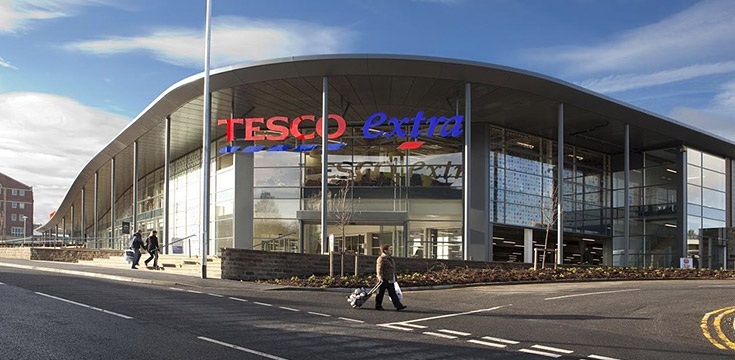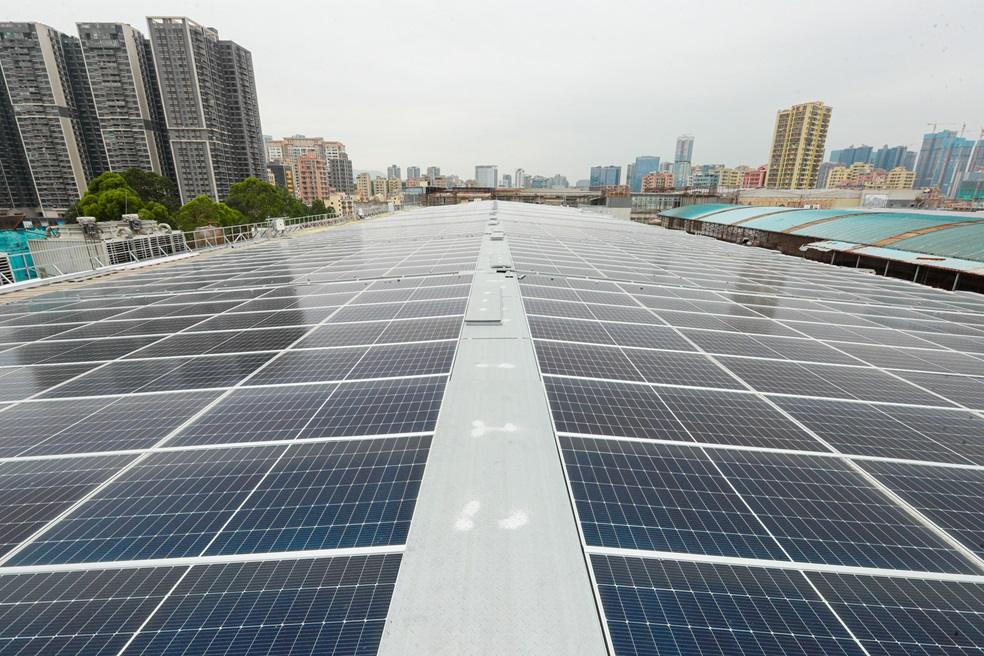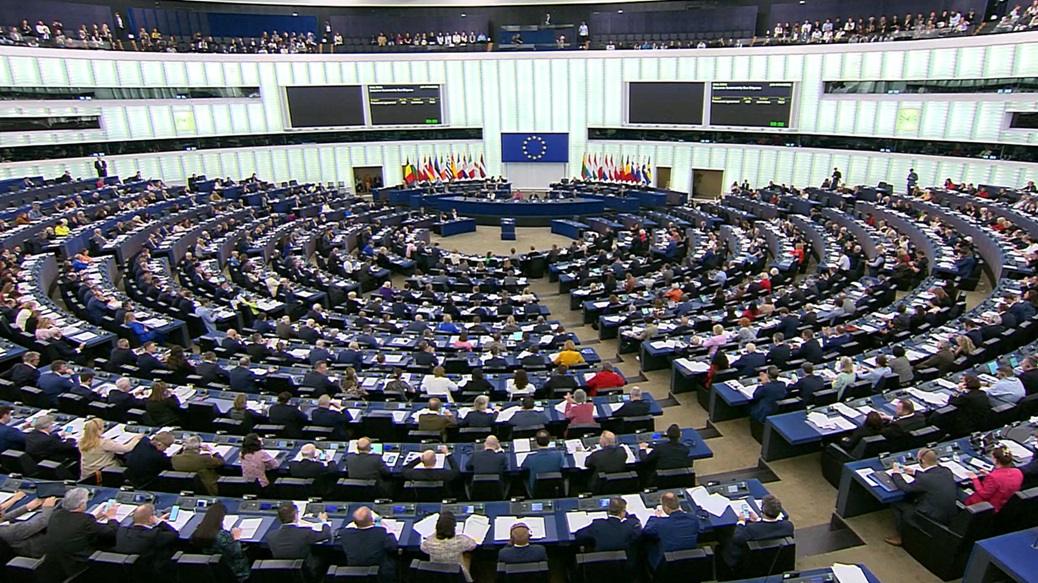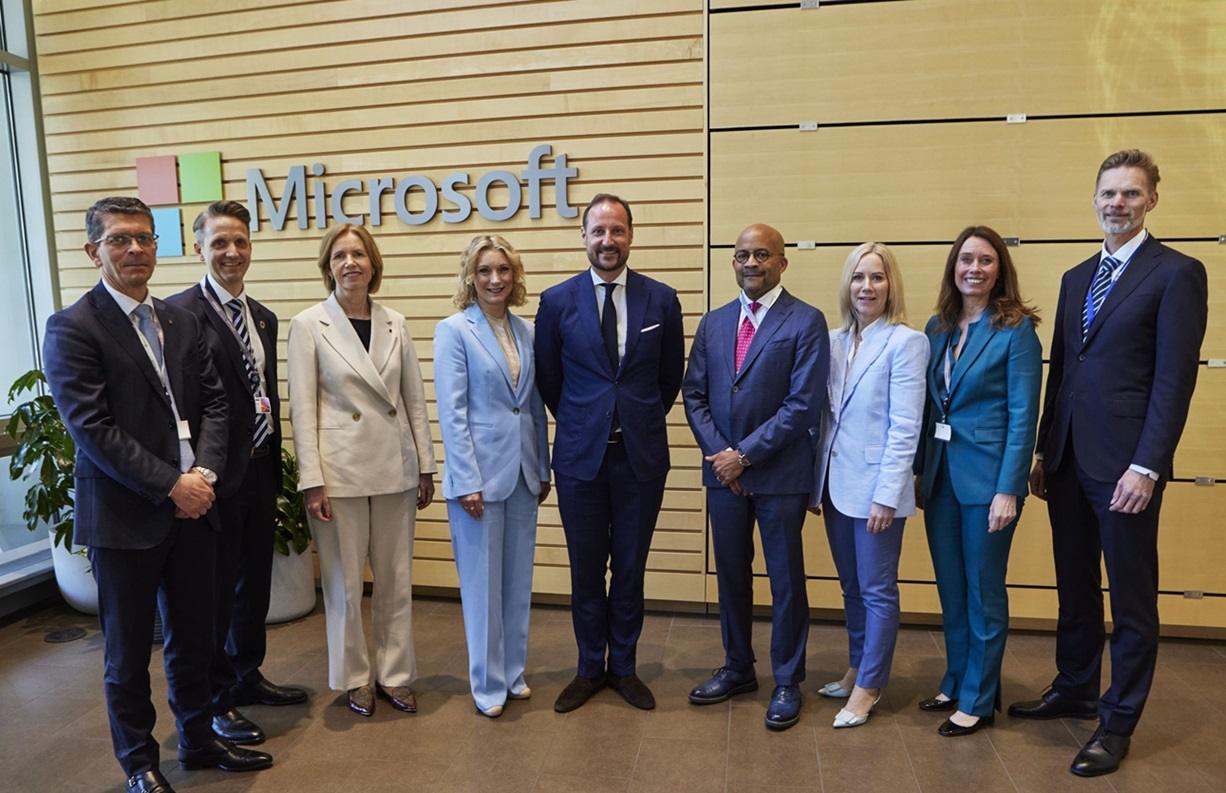Tesco Commits to Achieve Net Zero Across Supply Chain, Addressing 90% of Company Emissions
UK-based grocery company Tesco announced today a new climate commitment, targeting net zero emissions across its value chain by 2050, including emissions generated by its products and across its supply chains. According to the company, these areas are responsible for more than 90% of the company’s emissions.
Tesco outlined some of its decarbonization activities to reach its goal, including supporting all suppliers to establish a net zero ambition and set science-based targets, accelerating operational decarbonization across refrigeration, heating, and transport, working with suppliers to reduce emissions from agriculture, cutting emissions related to customer’s diets, and advocating for collaborative industry action and for government support.
Tesco stated that it has written to all of its suppliers to ask for their support in the transition to a low carbon economy.
Ken Murphy, Tesco Group CEO, said:
“In this critical year for tackling climate change, it’s right that we set out this ambitious commitment to cut emissions across our entire value chain. We don’t yet have all the answers and we’ll need support from our suppliers and wider society to meet our targets, but it’s vital we take action now.”
Food and beverage sector emissions account for about a third of global GHG emissions and are among the most difficult to address, with the vast majority coming from the supply chains of food and beverage companies, rather than from “direct” emissions from the companies’ operations. Last month, climate-focused investor engagement initiative Climate Action 100+ set its sights on the food and beverage sector, releasing a set of recommended investor expectations for the sector for actions necessary to facilitate the transition to a net-zero economy.
Today’s announcement follows a recent announcement by Tesco of the introduction of a sustainability linked supply chain finance program, offering suppliers with financing rates based on their carbon data disclosure, emissions reduction targets and progress against sustainability goals.
Ashwin Prasad, Tesco Chief Product Officer, said:
“Emissions from our supply chains and the use of our products account for most of our emissions. It’s vital we continue the good work in our own operations but also drive collective action with our suppliers to achieve these new commitments. We’re encouraged that 100 of Tesco’s largest suppliers have already reduced manufacturing emissions by 20%, but we know we all have further to go. Which is why today I have written to all Tesco suppliers to ask for their support in the transition to a low carbon economy.”
The company’s 2050 net zero commitment will encompass all emissions across its entire value chain, including the sourcing of raw materials and food productions, emissions in the use of Tesco products, including food waste, and in people’s dietary choices where an increase in amount of plant-based food is required to cut emissions.
In addition to its 2050 target, the company also announced a Group-wide net zero target of 2035 for its own operations, bringing it into line with its UK target.
Murphy said:
“Building on the good progress we’ve made in cutting emissions in our own operations, we’re also setting out a Group-wide net zero target of 2035. These new commitments will bring an unprecedented level of transparency to our emissions footprint and will allow us to identify and tackle those areas where urgent transformational change is needed.”





